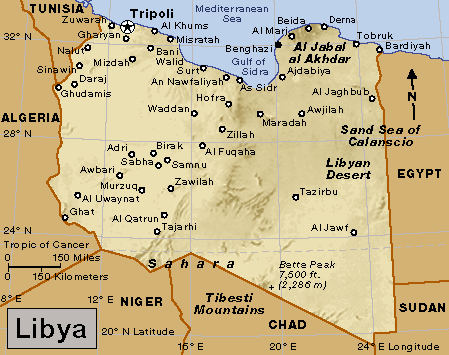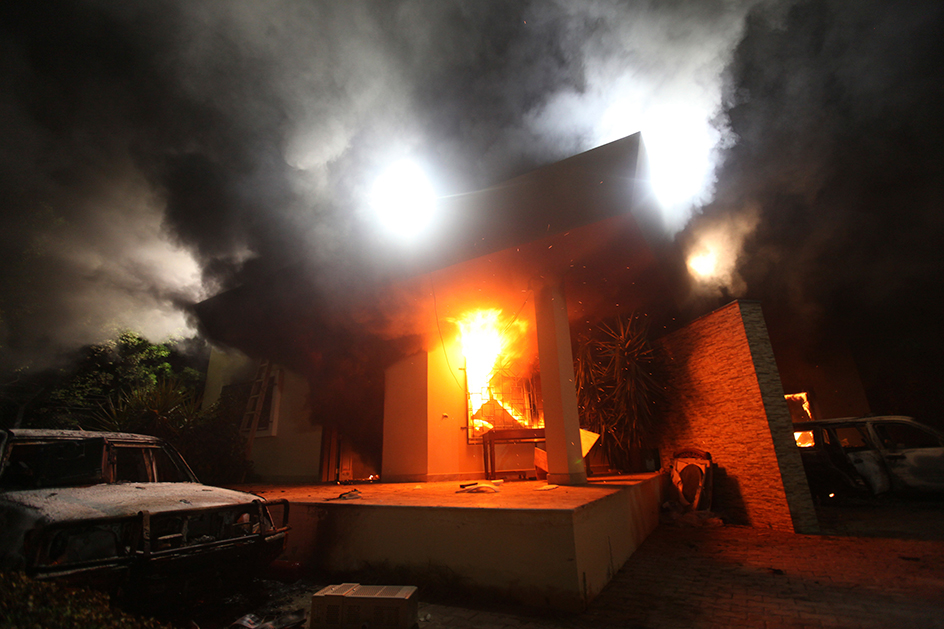Benghāzī, << behn GAH zee >>, or, in Arabic, Banghāzī, is Libya’s second largest city. It has a population of about 700,000. Only Tripoli, the country’s capital, has a larger population. Benghāzī is a port on the Mediterranean Sea. The city serves as the commercial center of eastern Libya. Benghāzī was part of the Ottoman Empire from the mid-1500’s to 1911. Italy controlled it from 1911 until World War II (1939-1945). British troops captured the city during the war. Libya became an independent nation in 1951.

In 2011, violent protests in Benghāzī and elsewhere led to an open, armed rebellion against the rule of Libyan leader Mu’ammar Muhammad al-Qadhafi. Benghāzī fell to rebel forces and served as the rebellion’s capital city until the rebels gained control of Libya. In September 2012, terrorists attacked the U.S. diplomatic mission in Benghāzī, killing the U.S. ambassador and three other Americans. The attack coincided with protests over an anti-Islam video produced in the United States.

